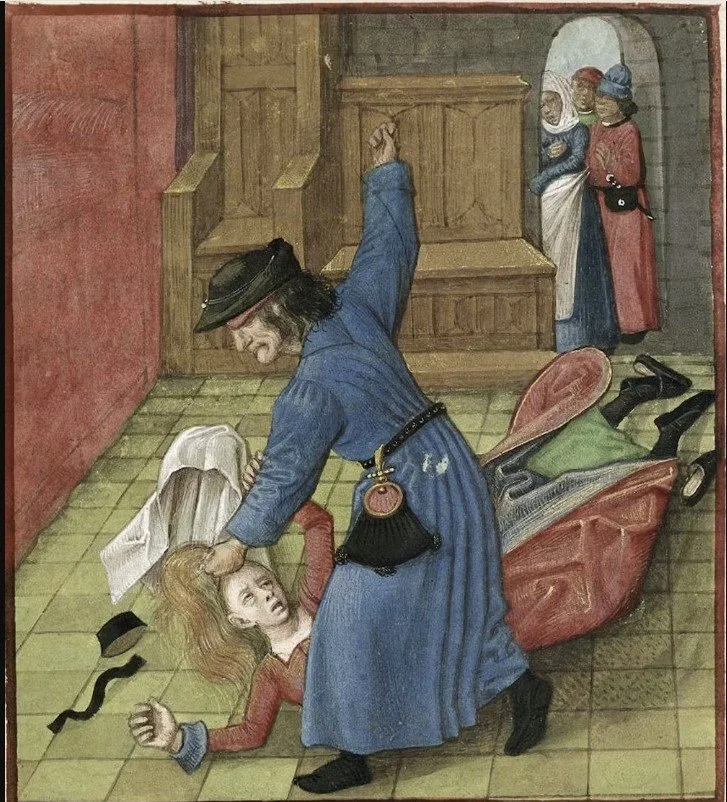WELCOME TO RACHEL’S BLOG
Scroll down to see the most recent posts, or use the search bar to find previous blogs, news, and other updates

Who Was the Worst Misogynistic Villain of the 12th Century?
Beneath the poetry of the romantic idyll of medieval Europe their lay a darker reality - institutionalised misogyny. Many women - queens, countesses, widows, even nuns - were treated as pawns, prisoners, or prey by the very men who should have honoured them.
In this series, ‘Medieval Misogyny’, we’ve met five men whose names deserve to be remembered not for their glory, but for their cruelty. Each used his power to diminish, exploit, or abuse women. Now it’s time to decide: who was the worst villain of them all?

Matthew of Boulogne — The Count Who Kidnapped a Nun
In 1160, Matthew seized Marie from Romsey Abbey and forced her into marriage. Chroniclers condemned the act as a violation of holy vows. John of Salisbury, writing in the period, described the outrage with which churchmen viewed the marriage. It was a scandal even by the rough standards of the age.
Marie was wrenched from her abbey, stripped of her religious identity, and thrust into the role of countess against her will. For women in the Middle Ages, the cloister was often seen as protection from such forced unions — but not for Marie.

Medieval Misogyny: Five Men Who Made Women’s Lives Miserable
This blog series uncovers the darker side of 12th-century power: the men whose actions towards women were so cruel that even their contemporaries condemned them.

Bloodbath at the Lionheart’s Coronation
We remember Richard the Lionheart as a crusader king, a warrior who fought Saladin, and whose name resounded across Christendom. But for England’s Jews, his reign began in fire and betrayal.
Benedict of York’s story embodies that betrayal. Beaten at the doors of Westminster Hall, baptised by a friend who meant him no harm, denied even a grave among his people, his fate symbolises the peril of being both essential and despised in medieval England.

The Battle of Fornham: When a Countess Rode to War and Changed Medieval England Forever
In the mist-shrouded dawn of October 17, 1173, near the quiet Suffolk village of Fornham St. Genevieve, history was about to witness something remarkable. Not just another medieval battle between king and rebels, but the extraordinary tale of a countess who donned armor, took up lance and shield, and rode into battle alongside her husband against the Crown itself.
This is the story of Petronilla de Grandmesnil, Countess of Leicester – a woman whose courage would echo through the centuries, and whose fall into a muddy ditch would become one of the most memorable moments of medieval English warfare.
